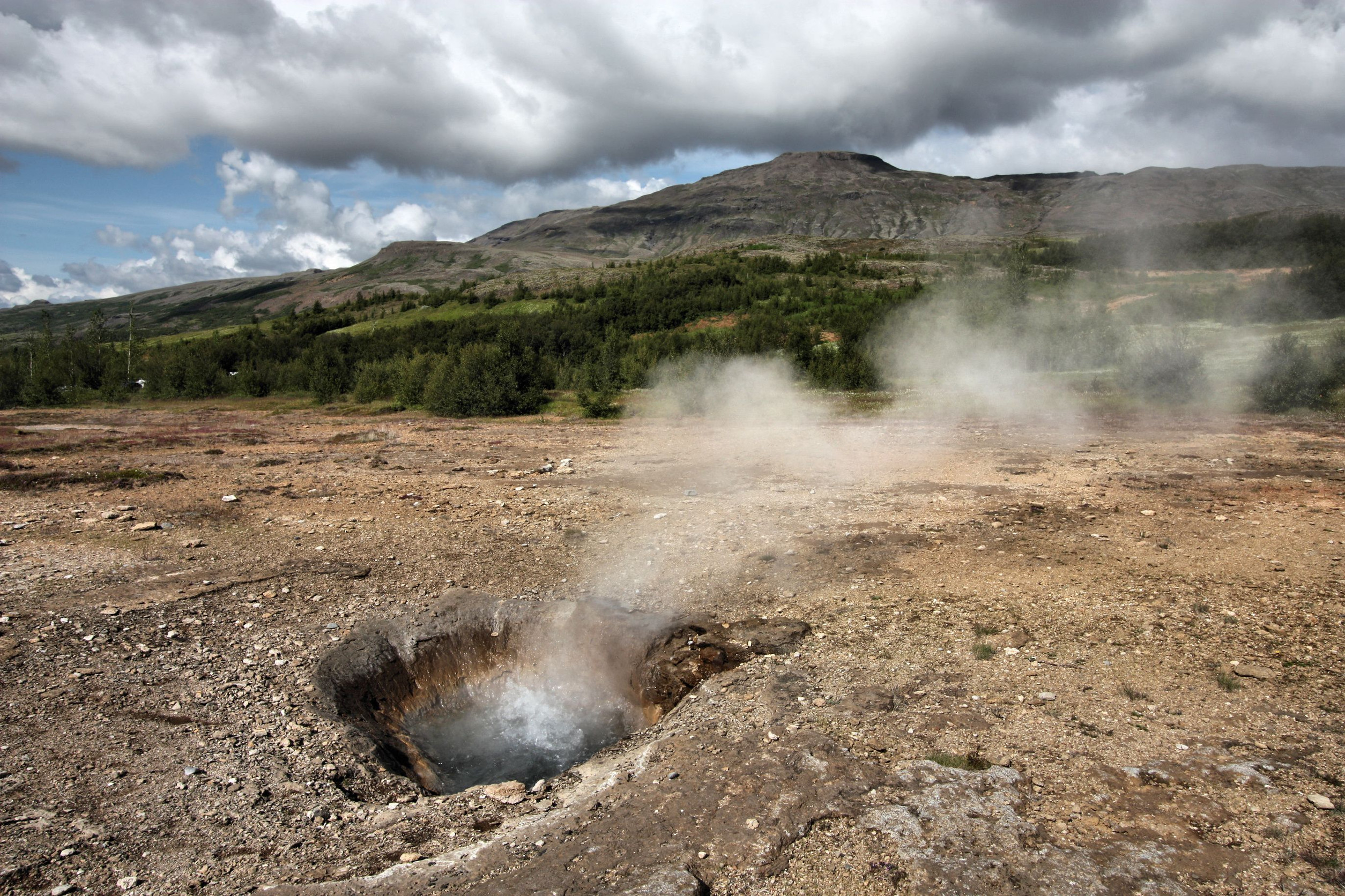This week, New Jersey announced it will become the first state to require potential building projects to pass a climate change impact evaluation before being approved. As a part of Gov. Phil Murphy’s commitment to achieve 50 percent clean energy by 2030 and 100 percent by 2050, building projects seeking approval from the Department of Environmental Protection (DEP) will need to demonstrate both how their projects’ emissions will contribute to global warming and how climate change will impact their building plans.
New Jersey is a logical choice for the implementation of these policies. The state’s 130 miles of coastline is particularly vulnerable to sea-level rise and natural disasters like hurricanes and tropical storms such as Hurricane Sandy, which devastated the state in 2012.
Governor Murphy also approved the Protecting Against Climate Threat (PACT) which analyzes pollution and emissions levels in an attempt to reduce them to 80 percent below 2006 levels by 2050. The National Resources Defense Council praised the new policies, although some groups were critical of the PACT’s failure to ban all future fossil fuel projects.
As we discussed in this weekend’s Optimist View, taking climate change and its impacts into account when building for the future is vital for ensuring the sustainability and safety of our living spaces. Initiatives such as this are a great first step to acknowledging the role that climate plays in our infrastructure.











